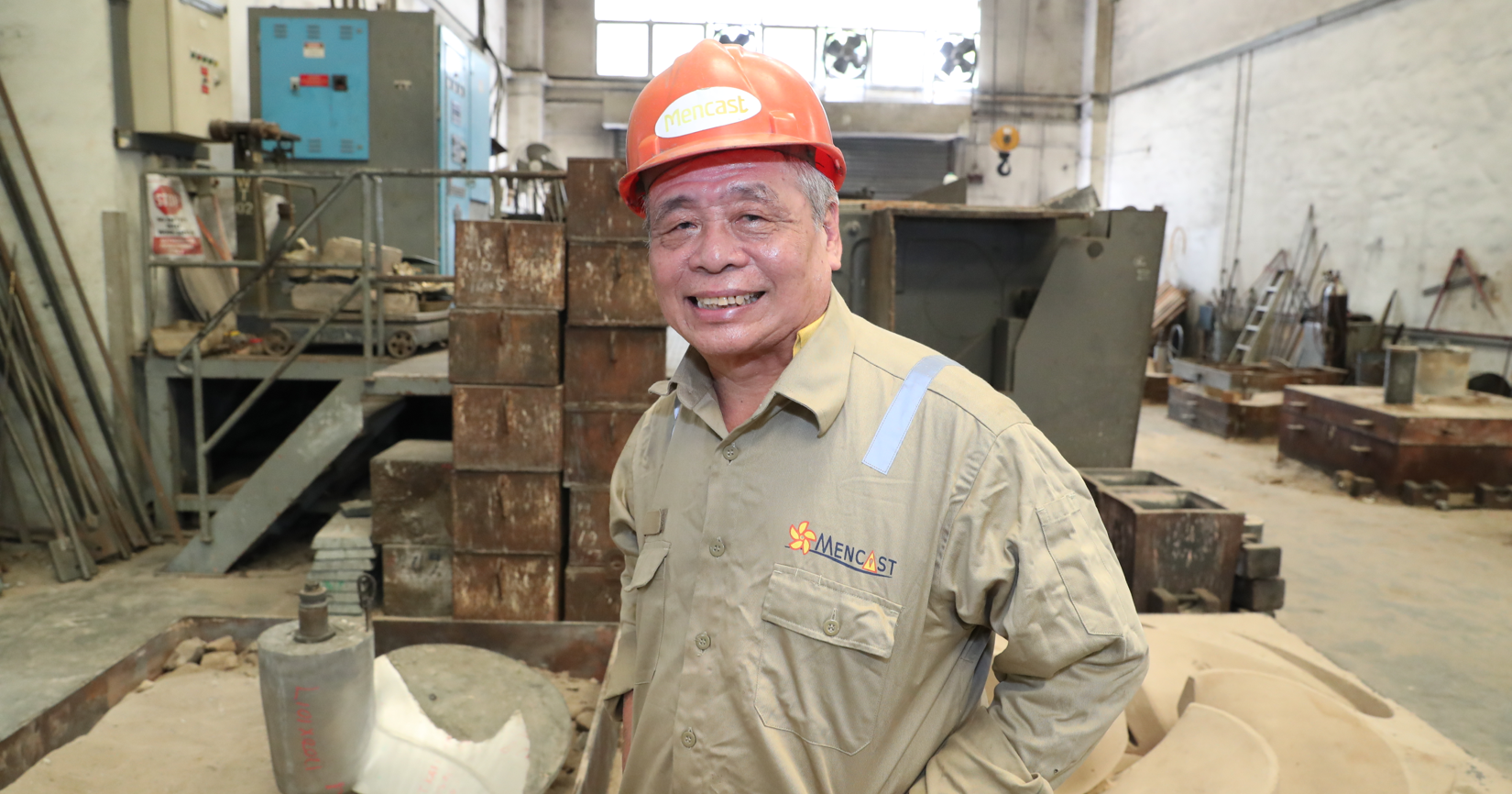Singaporeans have highest life expectancy in the world.
During his National Day Rally speech on Aug. 18, Prime Minister Lee Hsien Loong noted that our life expectancy at birth is now a staggering 84.8 years — higher than even Japan.
The Japanese have already started preparing for a job market where job seekers aged 70 and older are common.
As retirement ages are slated to go up, perhaps it's time we take a leaf out of their books.
Half of S'pore's older workers want to keep working
According to a 2018 Ministry of Communications and Information poll, half of retirees in Singapore would have preferred to continue working.
Of this group, more than 60 per cent were interested to continue working part-time.
In a 2017 Central Provident Fund (CPF) study, 86 per cent of older workers preferred to transit into "partial retirement" before retiring, by reducing work hours or responsibilities.
To prepare for the silver wave, the Tripartite Workgroup of Older Workers produced a report and unveiled several recommendations to help make Singaporean workplaces more inclusive and welcoming for older workers.
1. Structured career planning
A survey carried out by the Ministry of Manpower (MOM) showed that more older workers are going for training, from 35 per cent of the total resident labour force in 2015, to 48 per cent in 2018.
But another survey by the Ministry of Education (MOE) showed that a large majority of older workers (69 per cent) only attend training suggested by their company.
To help guide their workers, employers are urged to engage their workers in structured career planning sessions at various milestones.
- At 45, workers can discuss their future career plans.
- At 55, workers could focus on what skills they will need for re-employment.
2. Job redesign and part-time re-employment opportunities
Job redesign is common in workplaces — in fact, there's a grant for it. This involves changing things like task allocation, hours and job scope to improve productivity.
However, most companies only do task-specific redesign, when there is more scope to do bigger, organisation-wide and system-level redesign.
Older workers should also be offered part-time re-employment opportunities on a promotional basis.
This helps employers as it raises the number of older workers who can do the job, or extends the age at which workers can do the job.
And it also helps employees who want to continue working, but at a reduced intensity.
3. Health, fitness and safety
It's undeniable that as people get older, they need to spend more on healthcare.
The report therefore recommends that employers restructure the medical benefits they provide from Group Hospitalisation and Surgical (GHS) schemes to additional MediSave contributions, or other flexible benefits.
Since MediShield Life now protects all Singaporeans from large hospital bills or chronic, expensive treatment, employers can avoid duplicating what is already covered and see how they can better cover their employees elsewhere.
Employers can also look at workplace health programmes that are more suited for an older workforce. However, workers also have a responsibility to keep themselves fit and healthy.
4. Change in perceptions and practices
Despite these recommendations, older workers may still face challenges in overcoming perceptions that they are less able for the job.
The report recommends that employers should make hires based on an objective assessment of the job requirements, and not just on age.
Any health or fitness factors should be assessed whether it would hinder the worker from doing the job.
Similarly, the report urges the government to help employers change their HR policies to take in the recommendations mentioned above.
Support for the recommendations
Labour organisations like the National Trades Union Congress (NTUC) and the Singapore National Employers Federation (SNEF) support the recommendations made in the report.
SNEF President Robert Yap said:
"Of all the recommendations, I believe that preparing and motivating workers to work is critical and holds all the recommendations together. Employers must rise to the challenge and make plans to engage and enable their workers to benefit from the extension of the retirement and re-employment ages.
I must add that workers have a part to play. They must embrace reskilling, re-careering and redeployment to enable them to take up different opportunities and career paths to make working till 70 a reality.
Together with the Government and the Labour Movement, SNEF will lead and work with employers to ensure we continue to have a skilled, adaptable and agile workforce for the future."
Related stories:
Top image from Ministry of Communications and Information.
If you like what you read, follow us on Facebook, Instagram, Twitter and Telegram to get the latest updates.
